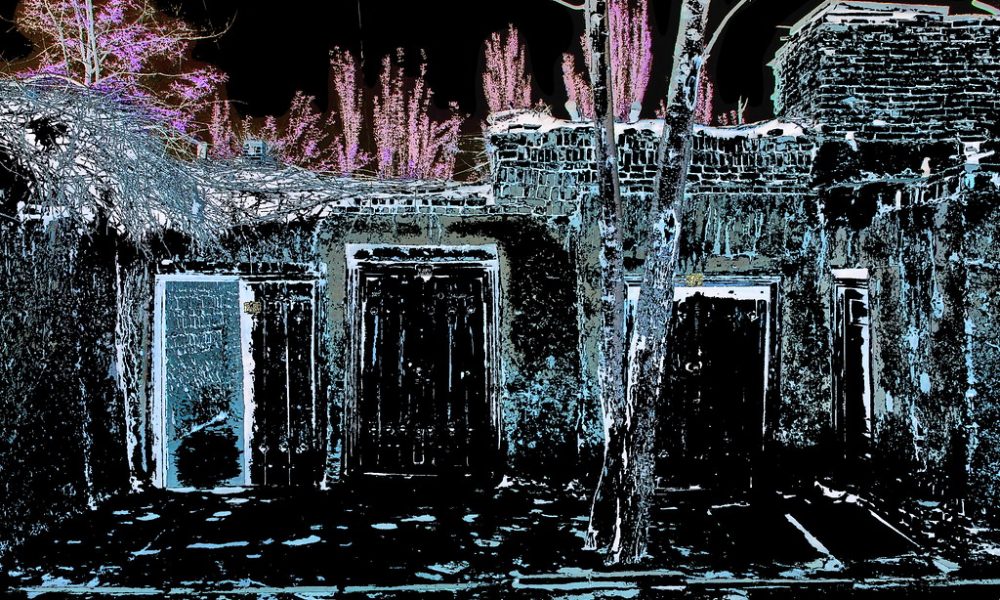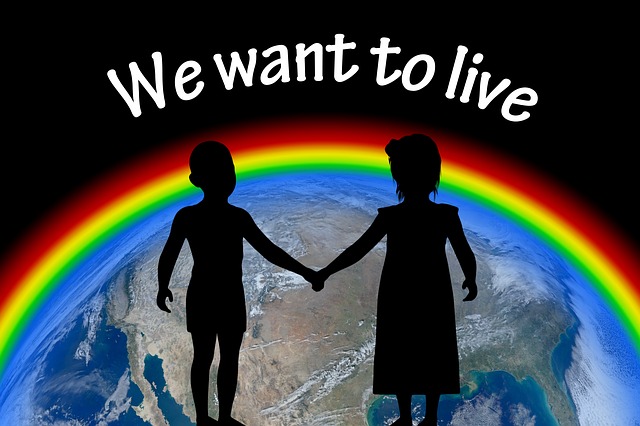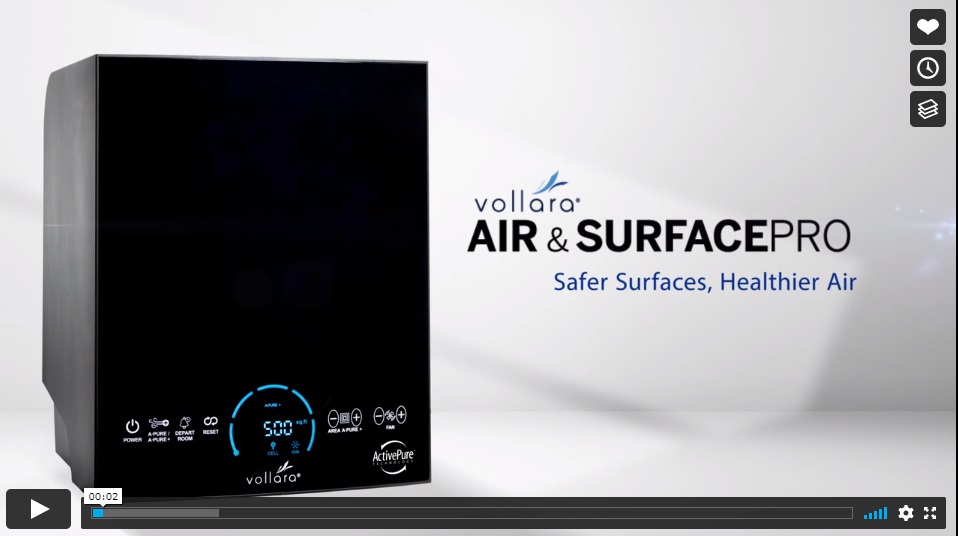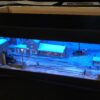Coronavirus News
Coronavirus The NIH claims joint ownership of Moderna’s coronavirus vaccine
The National Institutes of Health may own intellectual property that undergirds a leading coronavirus vaccine being developed by Moderna, according to documents obtained by Axios and an analysis from Public Citizen.Why it matters: Because the federal government has an actual stake in this vaccine, it could try to make the vaccine a free or low-cost…

Coronavirus
The National Institutes of Health may own intellectual property that undergirds a leading coronavirus vaccine being developed by Moderna, according to documents obtained by Axios and an analysis from Public Citizen.
Why it matters: Because the federal government has an actual stake in this vaccine, it could try to make the vaccine a free or low-cost public good with wide distribution, if the product turns out to be safe and effective.
The big picture: The NIH mostly funds outside research, but it also often invents basic scientific technologies that are later licensed out and incorporated into drugs that are sold at massive profits. The agency rarely claims ownership stakes or pursues patent rights, but that appears to be different with this coronavirus vaccine.
- “We do have some particular stake in the intellectual property” behind Moderna’s coronavirus vaccine, NIH Director Francis Collins said during an Economic Club interview in May.
Driving the news: New evidence shines light on the extent of NIH’s involvement.
- NIH and Moderna have researched coronaviruses, like MERS, for several years, and signed a contract this past December that stated “mRNA coronavirus vaccine candidates [are] developed and jointly owned” by the two parties. The contract was not specific to the novel coronavirus, and it was signed before the new virus had been sequenced.
- Separately, four NIH scientists have filed for a provisional patent application entitled “2019-nCoV vaccine,” according to disclosures in a pending scientific paper. Moderna scientists co-authored that paper, but none are listed as vaccine co-inventors.
- That makes it clear “the government and the public have a stake” in the coronavirus vaccine, said Zain Rizvi, a health law and policy researcher at Public Citizen. “The vaccine would not exist without the intellectual contributions of federal scientists.”
What they’re saying: NIH said in a statement that its scientists created the “stabilized coronavirus spike proteins for the development of vaccines against coronaviruses, including SARS-CoV-2,” and the government consequently has “sought patents to preserve the government’s rights to these inventions.”
- Further, NIH “has adopted a non-exclusive licensing approach for these patent rights in order to allow multiple vaccine developers” to make a vaccine.
- NIH added that “federal employees listed as inventors on these patent applications assigned their rights to the U.S. government. Accordingly, should the [United States Patent and Trademark Office] and other national patent authorities grant the patents, the U.S. government will hold ownership interest in the patents.”
- Moderna declined to comment beyond a statement, which said the company “has a broad owned and licensed IP estate” and is “not aware of any IP that would prevent us from commercializing our product candidates, including” the coronavirus vaccine.
Between the lines: Rizvi said co-owning the vaccine could allow NIH to more broadly license the underlying technology to other vaccine manufacturers “without the consent of Moderna,” a company that is valued at $25 billion despite having no federally approved drugs on the market.
The bottom line: Many experts anticipate a coronavirus vaccine, once proven safe and effective, would be made as widely available as possible, and that developers aren’t likely to seek big profits from it. Partial federal ownership could be a backstop if those assumptions don’t bear out, but NIH isn’t keen on stepping on industry’s toes.
- “Talking to the companies, I don’t hear any of them say they think this [vaccine] is a money-maker,” Collins said during his Economic Club interview. “I think they want to recoup their costs and maybe make a tiny percentage of increase of profit over that, like single digits percentage-wise, but that’s it. Nobody sees this as a way to make billions of dollars.”

Subscribe to the newsletter news
We hate SPAM and promise to keep your email address safe



















